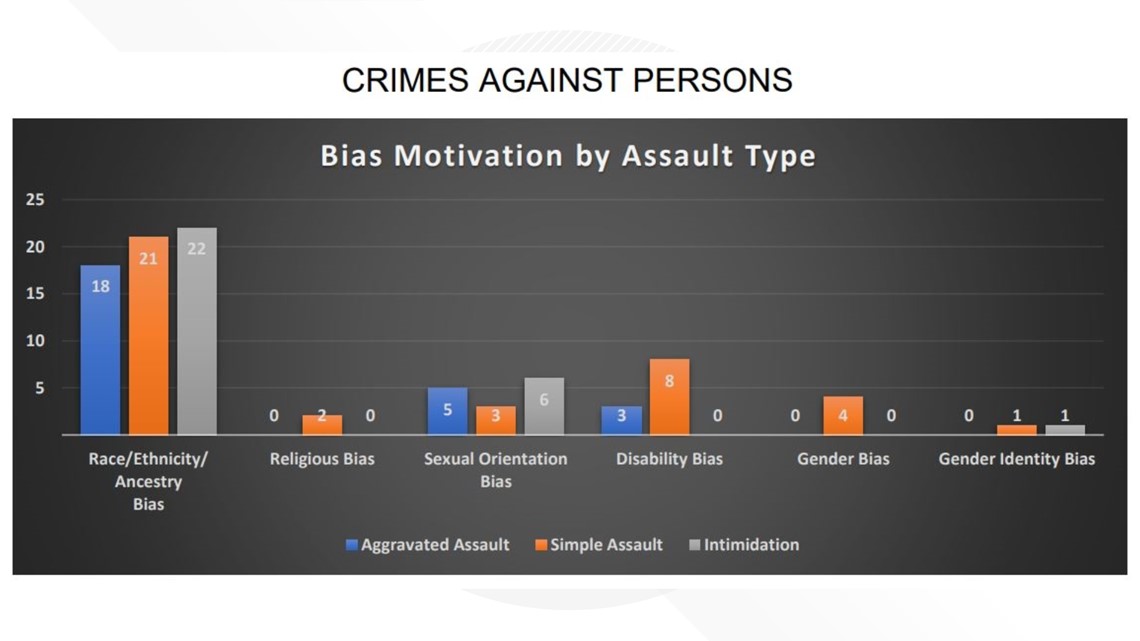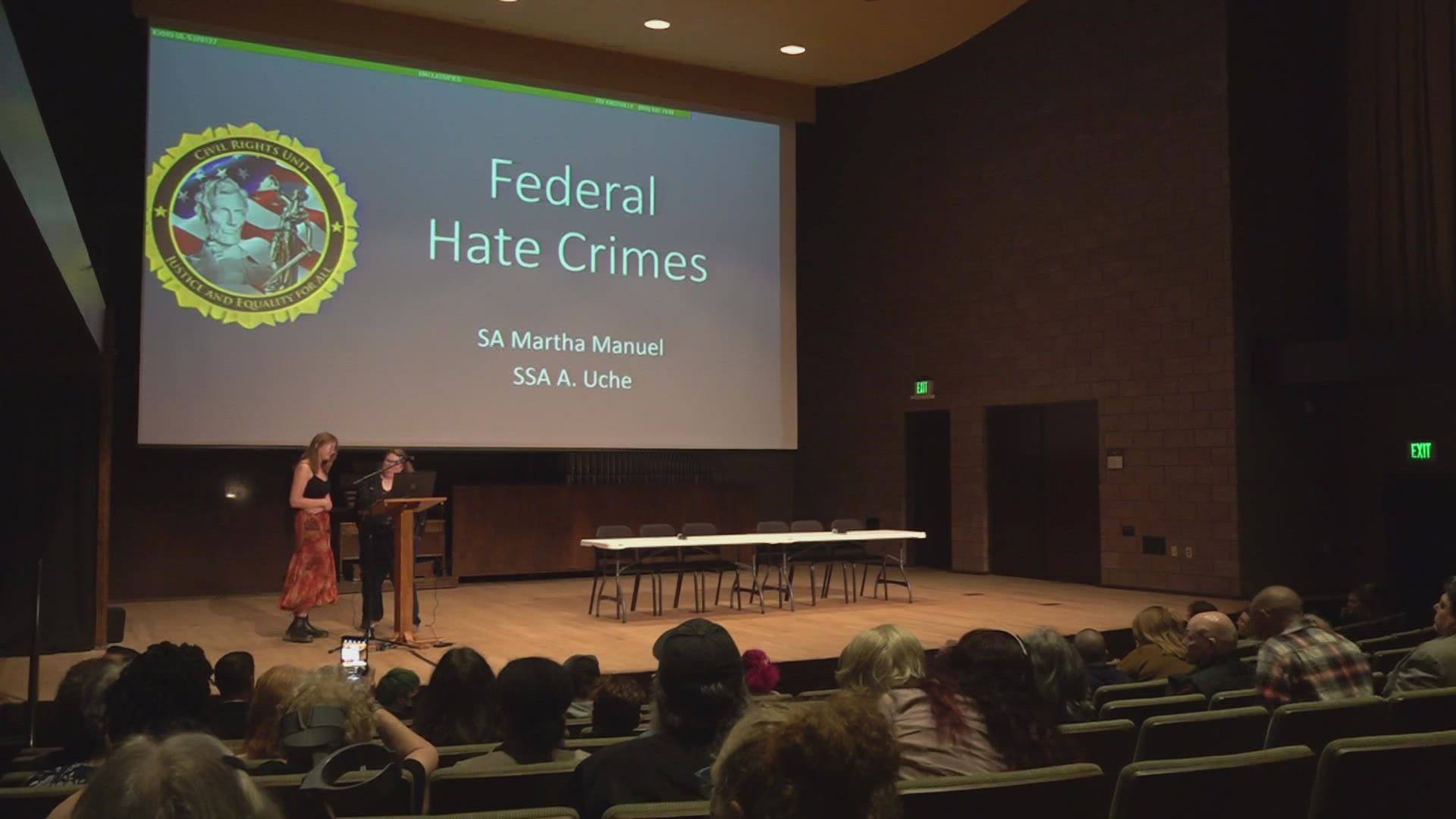MARYVILLE, Tenn. — Agents with the Federal Bureau of Investigation went to Maryville College's campus Thursday morning for an event where they discussed the federal definition of a hate crime.
Appalachian Outreach and Maryville College Pride Club hosted them. They discussed concepts like the "color of law," a legal term that describes the appearance of a legal right or legal authority that may not exist. The term is often used to describe cases involving the abuse of power.
They also discussed the Freedom of Access to Clinic Entrances Act of 1994. The act made it a federal crime to physically obstruct the entrance to a clinic or to use force against clinic workers or women seeking abortion treatments.
They also discussed the line between free speech and hate crimes. They said ]"non-threatening hate conduct is protected by the first amendment." Those included organizing a gathering to promote hate, circulating offensive materials and posting bigoted views online.
However, the first amendment does not protect "true threats," they said. The definition of a true threat from the Supreme Court is below.
A serious communication of an intent to commit an act of unlawful violence against an individual or group.
"I think it was so important for the club to be involved because it needed to happen in a community that's already established and a safe space for LGBTQ people," said Catelee Crow, the president of the club.


In August, the Tennessee Bureau of Investigation reported that anti-LGBTQ hate crimes were up 13% this year. Overall, they said the number of reported hate crimes was up by around 73% which included assaults, intimidation, murder and stalking.
Of all the hate crimes reported, those involving bias against people's race/ethnicity/ancestry were the most reported at 65% of all assault incidents. The second-most reported involved bias against people's sexual orientation, which accounted for 15% of all assault incidents.

